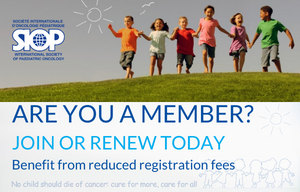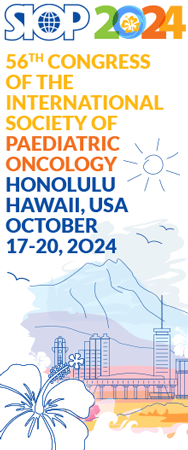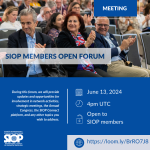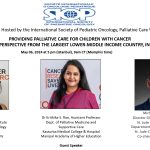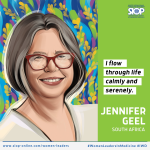Dear Researcher
The Childhood Eye Cancer Trust (CHECT) is the UK’s largest charity in the field of retinoblastoma (Rb). In addition to raising awareness of Rb and supporting families affected by this disease, funding world-class research into retinoblastoma is one of the charity’s key aims.
We are currently inviting applications to the CHECT research fund for grants up to a value of £50,000. We fund projects that will:
- Improve our understanding of retinoblastoma, including the patterns of disease
- Develop kinder effective treatments, with fewer side effects, that preserve more vision
- Reduce the negative impact on all those affected
Applications must support at least one of the James Lind Alliance Priority Setting Partnership Priorities for Children’s Cancer.
While CHECT continues to invite submissions for research proposals exploring the whole field of retinoblastoma research, CHECT’s members have identified particular areas of psychosocial research that are important to them and further detail of these areas is given in the Appendix below.
CHECT will consider funding any applications that fall within its Research Strategy, and it is expected that the majority of research funded by CHECT will have the potential to demonstrate benefit to those affected by Rb within the short to medium term, normally considered to be five to ten years from the grant end date. Further details of successful research projects funded by CHECT can be found on our website at www.chect.org.uk/research. CHECT is a member of the Association of Medical Research Charities.
Applications for funding must be submitted by the end of Friday 12 May 2023 on the attached standard form and sent to petra.maxwell@chect.org.uk. Researchers will be notified of the outcome of their application by November 2023.
If you require any further information regarding this process, please contact me on the above email address.
Yours faithfully,
Petra Maxwell
Research & Information Manager
Appendix to 2023/24 Grant Call – Information for Psychosocial researchers
Individuals and families living with retinoblastoma (Rb) have reported to CHECT that there are a variety of psychosocial consequences that emerge through life: from the initial Rb diagnosis, treatment of the disease, learning of its potential for impact later in life, then living with Rb through adolescence into adulthood. These include concerns around vision, self-confidence, fertility, comprehension and second Rb1 gene-related cancers. The charity has identified two themes for this stream of research, listed below, but will also consider other high quality applications in this topic area:
- The psychological impact of a retinoblastoma diagnosis on the child and/or family e.g.
- The experience of guilt in parents e.g. passing down the Rb gene, or when they feel they ‘missed’ the diagnosis
- Siblings’ experiences of having a sibling with Rb
- Longer term consequences for Rb survivors
- The psychological impact of retinoblastoma treatment on the child or family e.g.
- The experience of regular examinations under anaesthesia
- Impact of having an artificial eye or disability in relation to radiotherapy treatment; different experiences across the lifespan
- Managing the uncertainty around treatment and outcomes
- Parent’s experiences of navigating medical systems and choosing the least bad treatment option
Parent and /or patient involvement is key to this type of research and CHECT would expect to see evidence of working with PPI in the development of an application to this stream.
Petra Maxwell (she/her)
Information & Research Manager
Childhood Eye Cancer Trust
The Royal London Hospital, Whitechapel Road, London E1 1FR
020 7377 5578 www.chect.org.uk
